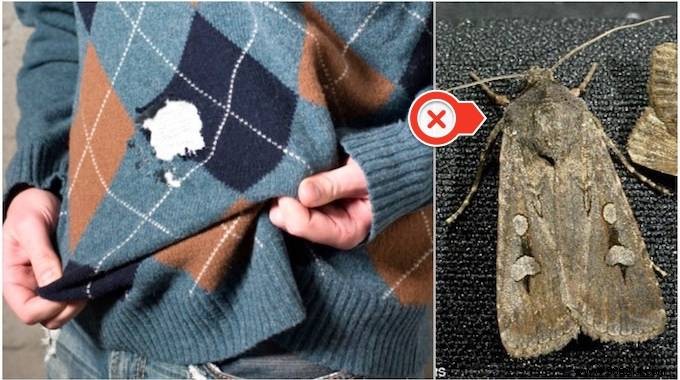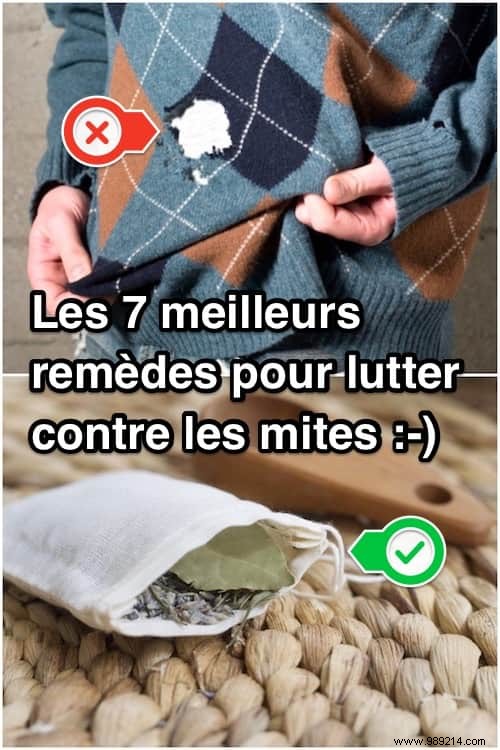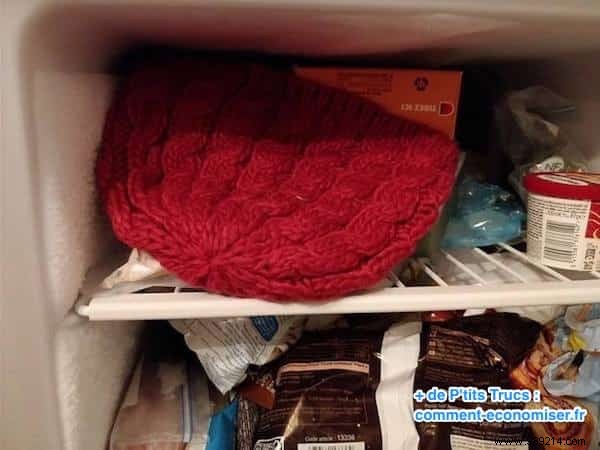
Spotted small holes in your clothes?
It is surely that moths have taken up residence in your cupboards.
The problem is that commercial moth balls are toxic and not cheap.
Luckily, there are natural alternatives to protect your woolens and other garments while they're in your closets.
Here are the 7 best effective remedies to prevent moths from eating your clothes. Watch:

- cedar
- dried herbs
- essential oils
- washing machine
- vacuum cleaner
- airtight garment bag
- iron
- freezer

Moths are attracted to laundry that is dirty or hasn't been washed for a long time. They hate the smell of clean. Wash your clothes or have them dry cleaned. Then place them in a clean storage space. Washing with hot water kills moth eggs and larvae.

Regularly and thoroughly vacuum your cupboards and surrounding areas. Moths like dark places like corners, baseboards, under shelves, etc. If there are signs of infestation, throw the vacuum bags outside the house.

Store sensitive clothing such as wool, silk, fur and other animal fibers in airtight boxes or covers. Make sure there are no holes or put tape over places that could tear.

If there are signs of moths, iron your clothes. Why ? Because ironing kills moth eggs and larvae.

Freezing is also effective in killing moth eggs and larvae. So you can put your jumpers and sweaters in the freezer for a few days, to get rid of moths without damaging your clothes.

Cedar also repels moths, as it has a fairly strong smell. Get cedar in the form of blocks, balls, hangers or boxes. Sand them with sandpaper every month to revive the smell and place them in your clothes and closets.

No need to buy moth repellent bags, because it's very easy to make them yourself. To do this, simply fill cloth bags, tea bags, balls or a bowl with herbs that repel moths. You can also use these herbs in the form of essential oils like lavender, rosemary, mint, thyme, cloves, lemon, eucalyptus and ginseng. Change all that after 2 or 3 months. Bonus:your closet smells good!